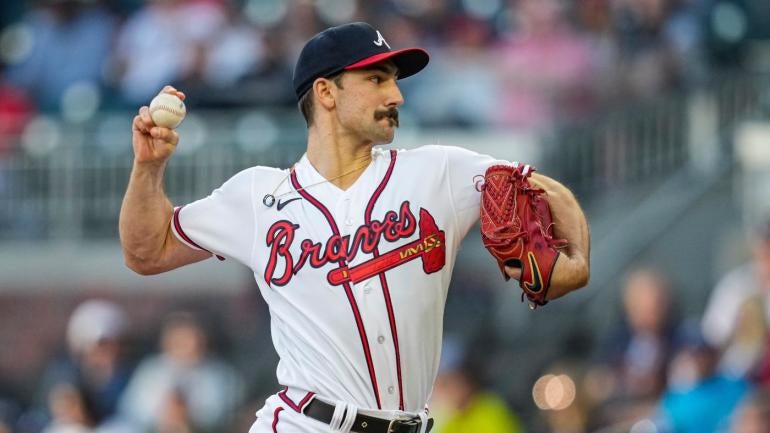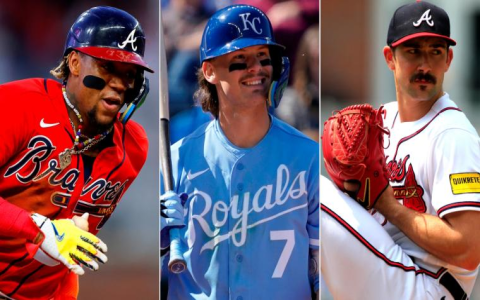Okay, so let’s talk about my recent deep dive into the CBS baseball fantasy rankings. I gotta tell you, it was quite a journey!

First off, I started by just browsing through the CBS Sports website. You know, just poking around to see what they had. It is kinda messy at first, but I got used to it. I was looking for anything and everything related to fantasy baseball rankings. They had a ton of stuff – articles, expert opinions, player stats, you name it. And it is kinda hard to find the useful ones. I went through those.
Then, I started digging into the actual rankings. I mean, that’s what I was there for, right? CBS has these expert rankings, and they update them pretty regularly, like every day. So, I started tracking these rankings, day by day. I wanted to see how they changed, who moved up, who moved down, and why. You know I did this every day in the past few weeks.
To make sense of it all, I started putting the data into a spreadsheet. Yeah, I’m a bit of a spreadsheet nerd. I tracked each player’s ranking, their position, their team, and any notes from the experts. I also started comparing the CBS rankings to other sites, just to see if there were any big differences. Well, that’s a lot of information I need to process, I did spend a lot of time on it.
One thing I noticed was that the CBS experts didn’t always agree with each other. I mean, one expert might have a player ranked in the top 10, while another might have them outside the top 20. It all depends on how you value each attribute. That made it interesting, but also a bit confusing. The differences were not that big most of the time, though.
I also started looking at the “factors” that go into these rankings. CBS uses some kind of scoring system, where they give each player a score based on different things like how often they think a player will be added to a team, or how consistent their performance is. It’s not just about who’s the best player, but also about how they’ll perform in a fantasy baseball context, like the chance of trade, playing time, etc. I tried to reverse engineer their system, but I don’t think I can figure it out.
Here’s what I learned from all of this:
- Don’t just blindly follow the rankings. Use them as a starting point, but do your own research too. Like I mentioned above, it is about how you see each player.
- Pay attention to the expert analysis. They often provide good insights into why they’ve ranked a player a certain way. I personally would put 30% of my decision-making on this.
- Consider your league’s scoring system. The best player in a points league might not be the best player in a category-based league. This is actually more important than you think.
- Track the rankings over time. See how they change and try to understand why. I find this a fun thing to do, although it is time-consuming.
My Final Thoughts
It was a lot of work, but I feel like I have a much better understanding of how these rankings work now. I’m not saying I’m a fantasy baseball expert now, but I definitely feel more prepared for my draft. The lesson learned here is to do research and do not trust others completely. And of course, having fun is another big part of it. I am looking forward to the draft!
